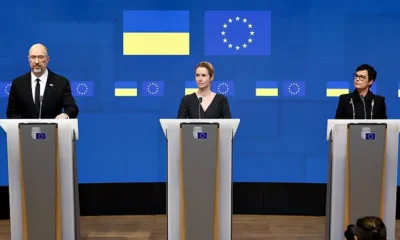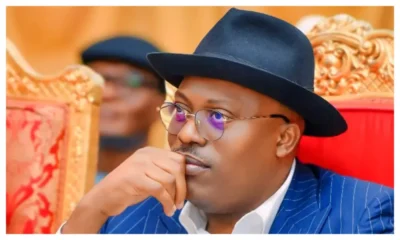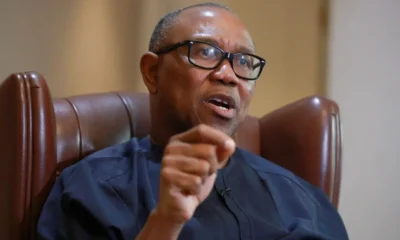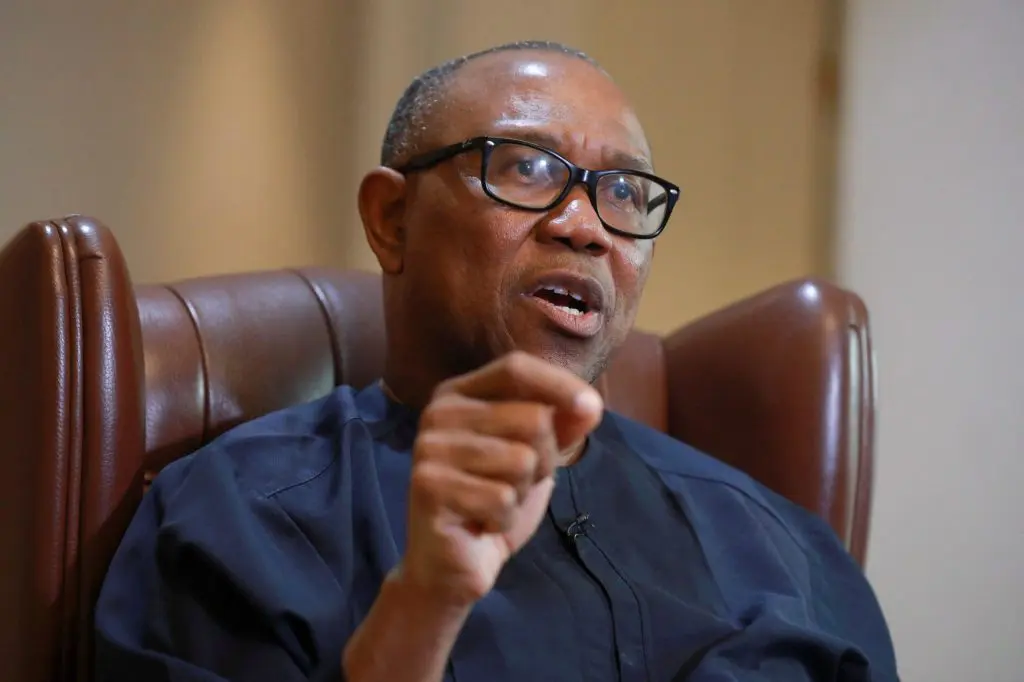Ukraine has sought to reassure the European Union that it would not steer away from its membership bid as a result of the negotiations with the United States over a minerals deal, which are currently at the technical level.
“It should be a partnership agreement, so on equal conditions for both sides,” Ukrainian Prime Minister Denys Shmyhal said on Wenesday during a visit to Brussels.
According to the FT and Bloomberg, the fund’s board would comprise five members: three appointed by the US and two appointed by Ukraine. In practice, this would grant Washington an effective veto power on key decisions regarding new projects about roads, railways, ports, mines, oil, gas and the extraction of critical minerals.
Ukraine would be obliged to present all new projects to the fund for review “as early as practicable”, Bloomberg reported. If the project were turned down, Ukraine would be prevented from offering it to other parties with “materially better” conditions.
Additionally, the US would be entitled to reap all the profits from the fund and a 4% annual return until the military and financial aid that has been provided to Ukraine is fully recouped. The Kiel Institute for the World Economy estimatesAmerican support to be worth €114 billion since the start of Russia’s full-scale invasion.
The “payback” model has been central to Donald Trump’s motivation to sign the deal, raising accusations of exploitation and neo-colonialism.
The provisions are so expansive that, if enforced, they make it virtually impossible for Ukraine to meet the EU’s rules on competition, single market, public procurement and transparency, which are essential criteria for becoming a member state.
On Wednesday, Shmyhal left no doubt that accession would always take precedence over any commercial deal.
“We really have some red lines,” the prime minister said in a press conference at the end of the EU-Ukraine Association Council.
“First of all, this is our Constitution. Second, these (are) our European aspirations and our European obligations, so this is another red line. (Third), international legislation.”
Ukraine has set up a “special delegation” of experts supported by international lawyers to lead the technical negotiations, he said. The talks will take place in the US over the weekend and continue next week, focusing on the joint investment fund.
“Then, we’ll see the result after these negotiations,” he said.
“We’re quite optimistic because we should find solutions (on) how to make this agreement a partnership agreement. I mean it literally.”
“I believe (the) technical teams will have a good cooperation,” he added.
Standing by his side, Marta Kos, the European Commission for Enlargement, who oversees Ukraine’s EU candidacy, appeared reassured by Shmyhal’s red lines.
“The European Commission will support any deal that will be in the interest of Ukraine,” Kos told reporters. “Today we have been talking about (the deal) and we got many confirmations that Ukraine will stay on the European path, so I don’t see the danger.”
“More and more the enlargement process is being seen as a security guarantee for Ukraine,” she went on.
“All of this together means that for sure we will discuss everything that will be going on with the US also in the scope of the enlargement process.”
Kos said Brussels would seek to open the six clusters of Ukraine’s accession by the end of the year, a goal also shared by Kyiv. Each step, though, requires the unanimous support of all 27 member states and Hungary has repeatedly stated its opposition, going as far as launching a public consultation to collect citizens’ views.
“We speak to the representatives of the Hungarian government and we expect that all sides involved will show good faith and willingness to reach the compromise,” Kos said, warning the Commission’s internal work was ultimately bound by politics.
“There is now a consensus among 26 member states to move ahead.”
Asked about Hungary’s poll, Shmyhal said his government would do its “best” to implement “all needed reforms and steps”, including those related to the protection of national minorities, an issue that Budapest has repeatedly brought up.
“We count on absolutely clear decisions from the European Union and European Union member states,” he said.
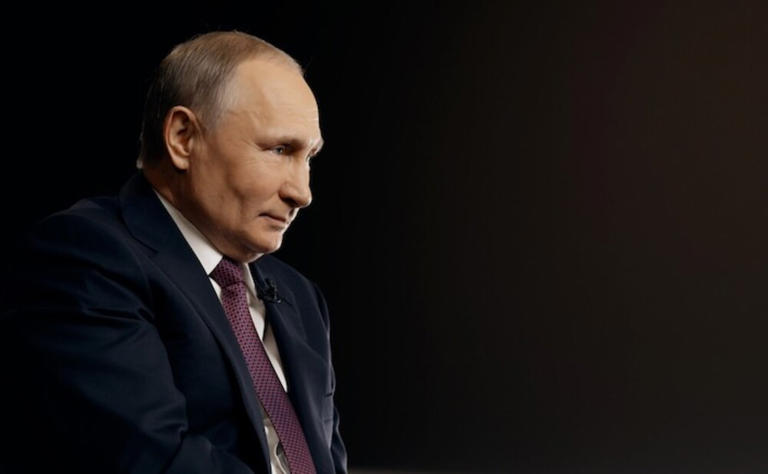
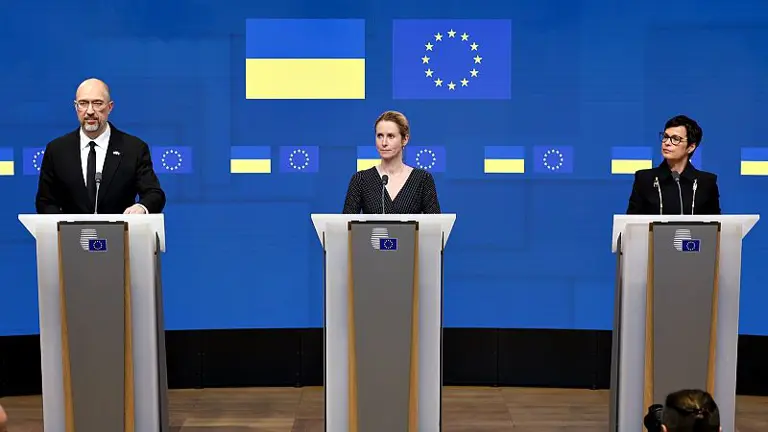
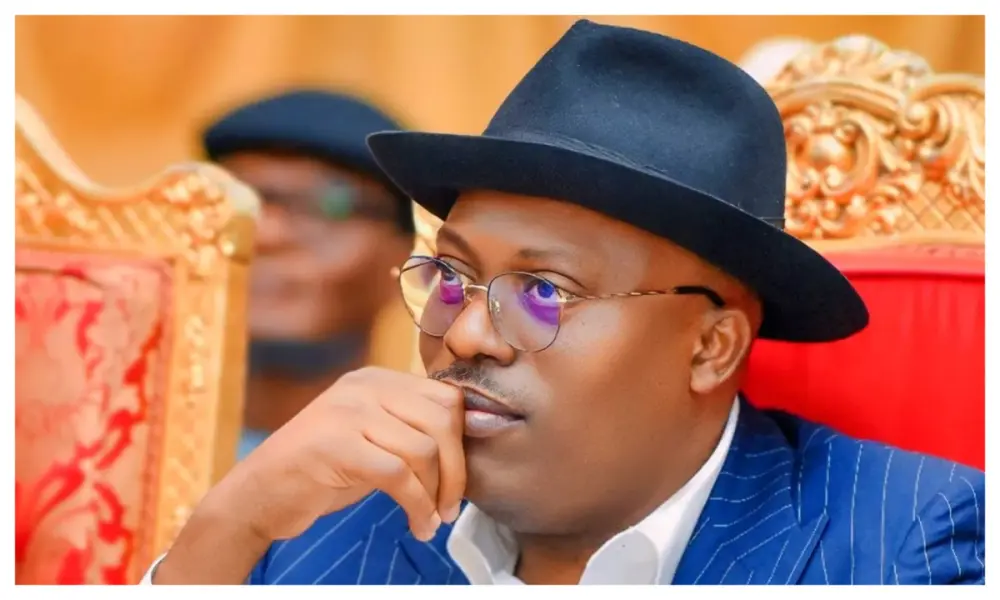

 Trending6 months ago
Trending6 months ago
 Politics6 months ago
Politics6 months ago
 Politics6 months ago
Politics6 months ago
 Politics6 months ago
Politics6 months ago
